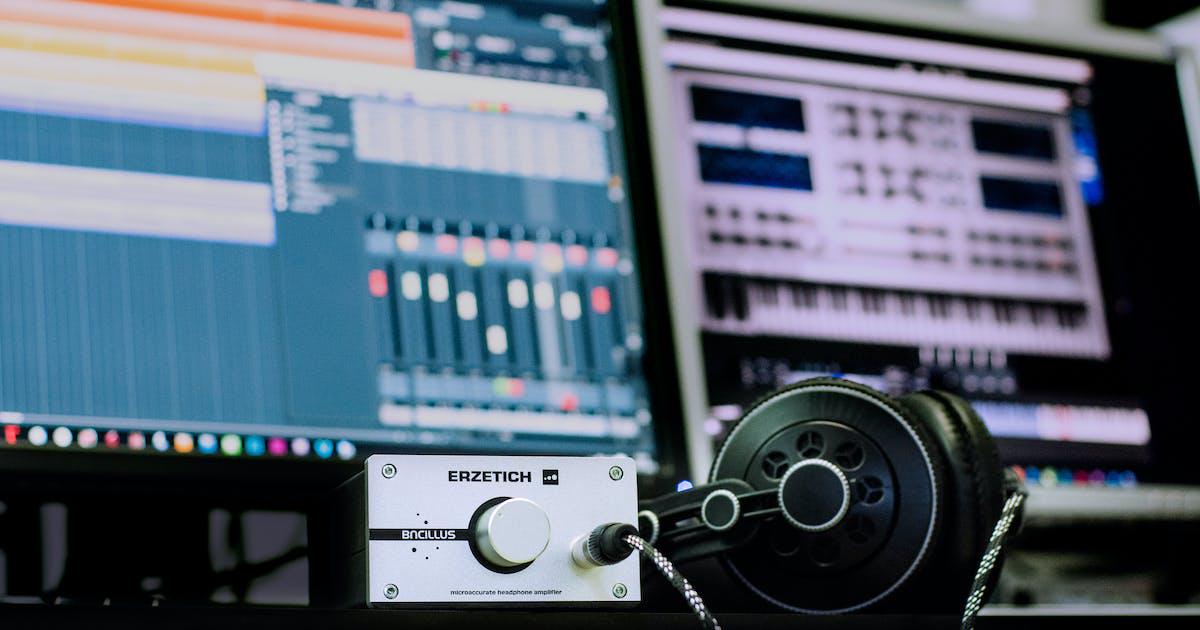How Do Record Labels Make Money: Insider Secrets!
In the dynamic world of the music industry, understanding how record labels make money is crucial for anyone looking to navigate this space successfully. The landscape of the music industry has evolved dramatically over the years, and record labels have been at the forefront of this transformation. This article will delve into the record label business model and shed light on the importance of music analytics in making informed decisions, particularly in talent scouting.
📌 Viberate Analytics: Professional music analytics suite at an unbeatable price: $19.90/mo. Charts, talent discovery tools, plus Spotify, TikTok, and other channel-specific analytics of every artist out there.
The Record Label Business Model
Record deals are the cornerstone of the music industry. They represent the primary means by which artists monetize their creative output. A typical record deal is a contract between an artist and a record label. Under this contract, the label funds the production, marketing, and distribution of the artist's music in exchange for a portion of the generated revenue.
Types of Record Deals
There are various types of record deals, each with its unique features. The traditional record deal, for example, involves the label providing an upfront advance to the artist and retaining a percentage of the revenue from album sales. On the other hand, the increasingly popular 360 deal encompasses a broader scope, where the label gets a share of all the artist’s revenue streams, including touring, merchandise, and endorsements. While potentially lucrative for the label, these deals can sometimes restrict the artist's creative freedom and control over their career.
Revenue Distribution
The revenue generated from the artist's music is split among several parties: the label, the artist, and any co-writers or producers involved. The distribution of this revenue depends on the specific terms of the record deal. In a traditional deal, the label might take up to 80% of the revenue, leaving the rest to be divided among the artist and their collaborators. In a 360 deal, the label's share might be smaller for album sales but extends to other revenue streams.
The Role of Music Analytics in Talent Discovery
For A&R professionals in the music industry, leveraging music analytics for talent discovery is a game-changer. Viberate offers an innovative approach to scout for new talent using data-driven insights.
Step 1: Use a Data-Fueled Chart
Starting with an unbiased chart is essential. Viberate's Chart ranks artists based on their music and social media performance, providing comprehensive analytics on their rank and performance across various channels. This chart transcends the focus on just superstar names, offering a broader perspective.
Step 2: Apply A&R Filters
Viberate’s platform allows you to refine your search using advanced filters and sorting options. These include trending artists, specific countries, genres, subgenres, and performance on different channels and timeframes. This targeted approach helps in zeroing in on potential new stars.
Step 3: Save Your Charts
For efficiency, you can save your customized charts with pre-selected A&R filters. These saved charts are easily accessible and constantly updated with fresh data, allowing you to monitor new movements in the artist's career trajectory.
Step 4: Screen Performance
Delve deeper into an artist's performance using channel-specific analytics. Viberate includes unique indicators like “Career Health” and “Yearly Career Performance,” which combine various metrics for a comprehensive overview.
Step 5: Create a Custom View
Tailor your analytics dashboard to suit your talent discovery process. Save sections that are most relevant to you, creating a “Custom View” for screening artists. You can also follow artists to keep them organized and analyze them side-by-side for a detailed comparison.
Conclusion
Understanding how record labels make money is crucial in the ever-evolving music industry. The business model, centered around record deals, is a complex ecosystem involving various revenue streams and contractual arrangements. As the industry grows more data-driven, tools like Viberate's music analytics become indispensable in scouting and nurturing new talent. By leveraging these analytics, professionals in the music industry can make more informed decisions, ultimately leading to a more vibrant and diverse musical landscape.

Premium music analytics, unbeatable price: $19.90/month
11M+ artists, 100M+ songs, 19M+ playlists, 6K+ festivals and 100K+ labels on one platform, built for industry professionals.




